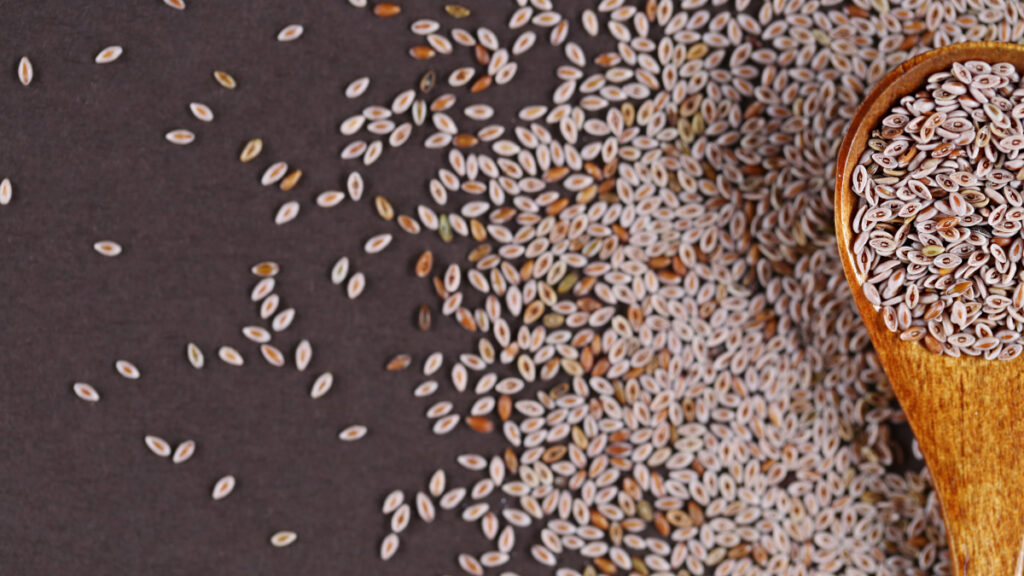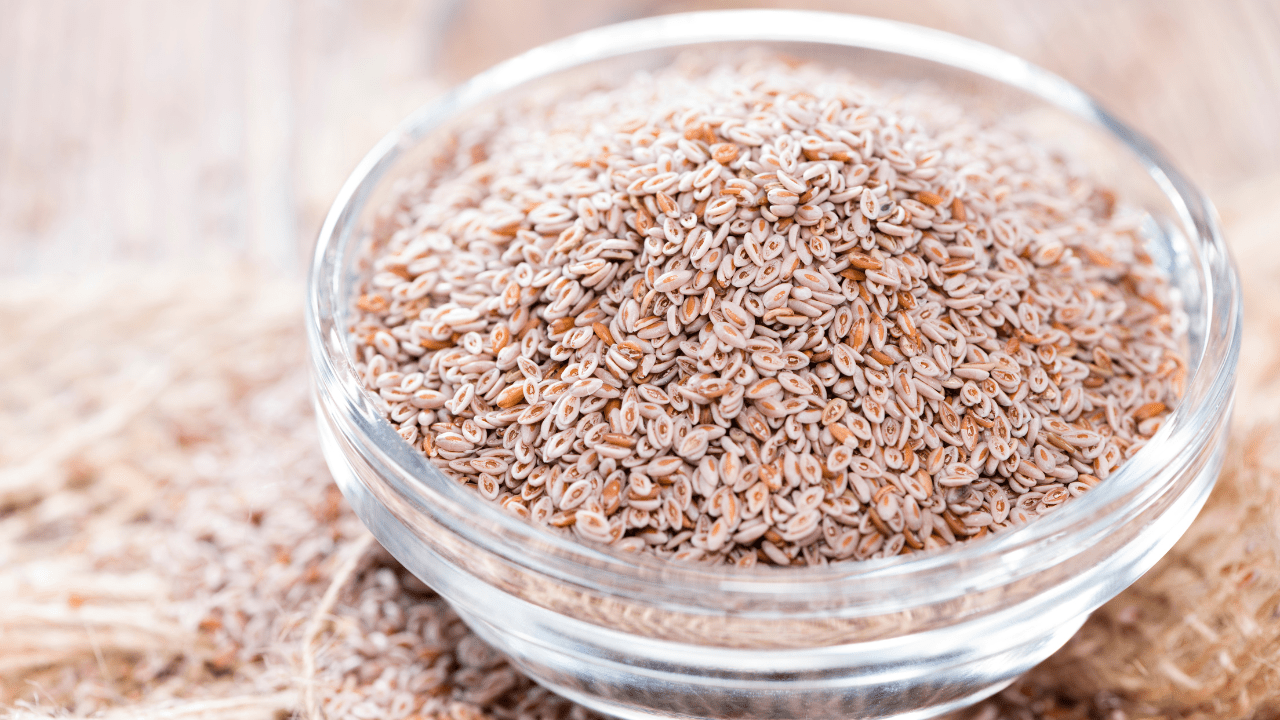In the world of health and wellness, certain foods stand out for their exceptional nutritional value and health benefits. One such food is psyllium seeds. These tiny seeds, derived from the Plantago ovata plant, are packed with nutrients and offer a multitude of benefits for the body.
Let’s delve into the wonders of psyllium seeds and explore why they should be a staple in your diet.
What are Psyllium Seeds?
Psyllium seeds are the small, gel-coated seeds of the Plantago ovata plant, native to India and Pakistan. They are known for their high fiber content, particularly soluble fiber, which makes them a popular choice for those looking to improve their digestive health. Psyllium seeds are often ground into a powder and used as a dietary supplement or added to foods to increase their fiber content.
Nutritional Profile of Psyllium Seeds
Psyllium seeds are a nutritional powerhouse. They are low in calories but high in essential nutrients. A single tablespoon of whole psyllium seeds contains:
- Calories: About 35
- Fiber: 7 grams (both soluble and insoluble)
- Protein: 1 gram
- Carbohydrates: 15 grams
- Fat: Less than 1 gram
In addition to these macronutrients, psyllium seeds are also a good source of various micronutrients, including iron, calcium, and magnesium.
Health Benefits of Psyllium Seeds
1. Improved Digestive Health
One of the most well-known benefits of psyllium seeds is their ability to promote digestive health. The high fiber content in psyllium seeds helps to bulk up stool, making it easier to pass through the digestive system. This can help prevent constipation and promote regular bowel movements.
2. Heart Health
Psyllium seeds are also beneficial for heart health. The soluble fiber in psyllium seeds can help lower cholesterol levels by binding to cholesterol in the digestive system and preventing it from being absorbed into the bloodstream. This can help reduce the risk of heart disease.
3. Blood Sugar Control
For those with diabetes or at risk of developing diabetes, psyllium seeds can be a valuable addition to the diet. The soluble fiber in psyllium seeds can help slow down the absorption of sugar in the bloodstream, which can help regulate blood sugar levels and improve insulin sensitivity.
4. Weight Management
Psyllium seeds can also aid in weight management. The high fiber content in psyllium seeds can help promote feelings of fullness and satiety, which can help reduce overall calorie intake and support weight loss efforts.
5. Prebiotic Effects
Psyllium seeds act as a prebiotic, which means they feed the beneficial bacteria in the gut. A healthy gut microbiome is essential for overall health and has been linked to improved immune function, better digestion, and even mental health benefits.
How to Incorporate Psyllium Seeds into Your Diet
Incorporating psyllium seeds into your diet is easy and versatile. Here are a few ways to include them in your meals:
- Smoothies: Add a tablespoon of psyllium seed powder to your favorite smoothie recipe for a fiber boost.
- Baking: Use psyllium seed powder as a binding agent in gluten-free baking recipes.
- Oatmeal: Sprinkle psyllium seeds or powder over your morning oatmeal.
- Soups and Stews: Add psyllium seeds to thicken soups and stews.
- Supplements: Take psyllium seed supplements as directed by your healthcare provider.

Psyllium seeds are a nutrient-rich food with multiple benefits for the body. From improving digestive health to supporting heart health and blood sugar control, these tiny seeds pack a powerful punch.
Incorporating psyllium seeds into your diet can be a simple and effective way to boost your overall health and well-being.
So, why not give them a try and experience the benefits for yourself?

